|
Delegation of the National Liberation Front of South Vietnam (later the Provisional Revolutionary Government of the Republic of South Vietnam) talks at the delegation's headquarters in Paris, January 1969. (Photo: Archive) |
The long-lasting resistance war against foreign invaders has gone through many stages of struggle, filled with our Party's policies and strategies, defeating the enemy's plots.
There was a unique and ingenious fighting policy, in my opinion, which was the establishment of the National Liberation Front of South Vietnam in 1960.
According to the Geneva Agreement, after 2 years there would be a general election to unify the country, but the US intervened to set up the Saigon government in the south in order to permanently divide the country. The National Liberation Front of South Vietnam advocated gathering all classes, ethnicities, religions, etc. to unite all Vietnamese people with the aim of fighting for independence and unification of the country. The National Liberation Front of South Vietnam was born according to the wishes of the people of the south, so it received strong and widespread response.
The National Liberation Front of South Vietnam, with the multifaceted support of the socialist North, quickly grew stronger, led the political and armed struggle and carried out the task of managing the government in practice. At the same time, the Front also paid attention to international advocacy work with the foreign policy of "peace and neutrality" in the Front Platform. The Front gathered the support of people around the world from different political trends.
Since 1960, in international forums and peace and democracy conferences, there have been two Vietnamese delegations, the northern socialist delegation and the southern National Liberation Front delegation. The half-red, half-blue flag of the Front has flown all over the world in demonstrations of solidarity with Vietnam. Although the southern National Liberation Front is not yet a government, it has representative offices in many countries and is supported and assisted in its activities by the governments of these countries.
By 1969, after the Tet Offensive, many American strategies had failed. The opportunity had come. Our Party advocated “fighting while negotiating” to end the war and unify the country. The US also saw that it could not defeat us with special and local war strategies, so it also advocated opening a negotiation channel to appease the anti-war movement and switched to the strategy of “Vietnamizing the war”.
But when entering into negotiations, at first the US only wanted to negotiate with the Democratic Republic of Vietnam. But we firmly demanded the presence of the National Liberation Front of South Vietnam as the force directly fighting the US in the south.
After months of diplomatic struggle, the US had to accept four-party negotiations with the participation of the National Liberation Front of South Vietnam. However, after six months, we established the Provisional Revolutionary Government of the Republic of South Vietnam; the negotiating delegation of the Front naturally became the negotiating delegation of the Provisional Revolutionary Government.
The birth of the Provisional Revolutionary Government of the Republic of South Vietnam was a creative development of great significance in the revolutionary struggle to liberate the South and unify the country. It broke the “legal” monopoly of the Government of the Republic of Vietnam in South Vietnam, and at the same time opened a broad front to rally all patriotic and peace-loving forces for the struggle for peace, independence and national unification.
In foreign affairs, the Provisional Revolutionary Government with its policy of “peace, independence, neutrality” has won the support of many peace-loving and justice-loving forces in the world and people of different political views. From the time the Provisional Revolutionary Government was established until the complete liberation of the South and the reunification of the country, 65 countries have recognized the Provisional Revolutionary Government. The Provisional Revolutionary Government has representative offices in nearly 30 countries around the world.
At the 4-party Paris Conference, we had 2 negotiating delegations, the Democratic Republic of Vietnam and the Provisional Revolutionary Government of the Republic of South Vietnam, which enhanced our position at the Conference and in the international arena.
In this negotiation, our sides are “two but one, one but two”. “One” here means sharing the same goal of national independence and national unification, sharing the same strategic mission of fighting for “the US to withdraw, we to stay”. “Two” here means the proactiveness and flexibility in strategy of each negotiating delegation.
During the negotiations, the Provisional Revolutionary Government was the one who proposed solutions to end the war and the Democratic Republic of Vietnam delegation fully supported it; making our just stance increasingly clear. When the balance of power on the battlefield was in our favor, the Provisional Revolutionary Government proposed the final solutions, while the Democratic Republic of Vietnam delegation secretly negotiated with the US to draft the Paris Agreement to end the war in Vietnam.
The Paris Agreement was signed with the US having to withdraw troops, leading to a situation where the parties in Vietnam resolved the problem among themselves.
In 1973, the Paris Agreement was signed, 3 months later the US withdrew all troops, but the Saigon government did not accept to implement the Paris Agreement, continued the war with aid and assistance from the US, hoping that with the strategy of "Vietnamization of the war" it would win us.
By 1975, the Party saw that using political solutions with the Saigon government would not solve the problem because the Saigon government still wanted war, so our Party advocated launching the 1975 Spring Campaign to completely liberate the South and unify the country.
The greatest lesson of our people is: Strong national unity together with a great international solidarity movement has helped our people defeat foreign invaders, regardless of whether they are imperialists or colonialists. Only with strong national unity can there be a large international movement and reach final victory.
Nhandan.vn
Source: https://nhandan.vn/chung-mot-bong-co-cung-mot-muc-tieu-doc-lap-dan-toc-thong-nhat-dat-nuoc-post871834.html


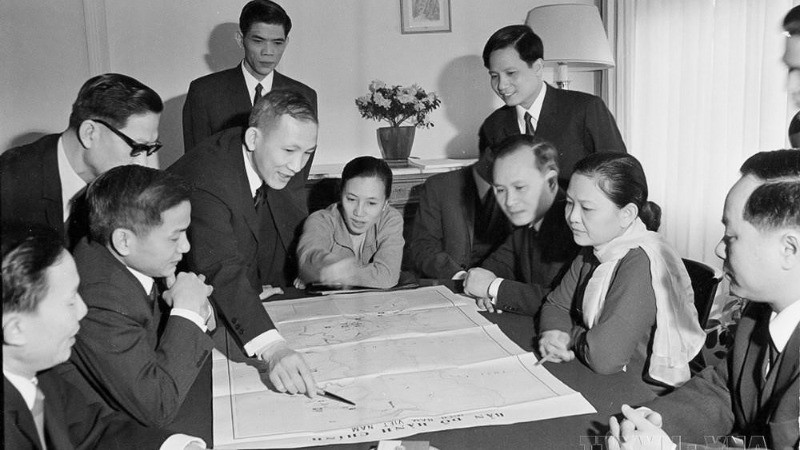
![[Photo] Mass parade to celebrate 50 years of national reunification](https://vphoto.vietnam.vn/thumb/1200x675/vietnam/resource/IMAGE/2025/4/30/825e459ee2f54d85b3a134cdcda46e0d)


![[Photo] Fireworks light up the sky of Ho Chi Minh City 50 years after Liberation Day](https://vphoto.vietnam.vn/thumb/1200x675/vietnam/resource/IMAGE/2025/4/30/8efd6e5cb4e147b4897305b65eb00c6f)


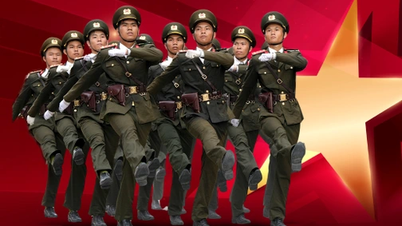

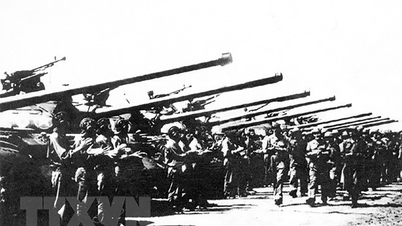





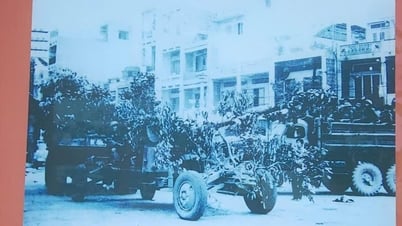


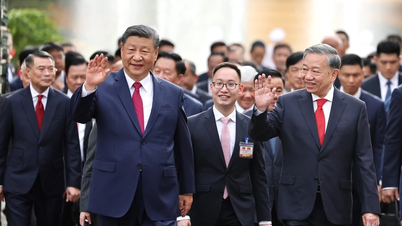
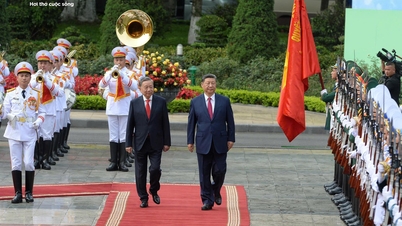
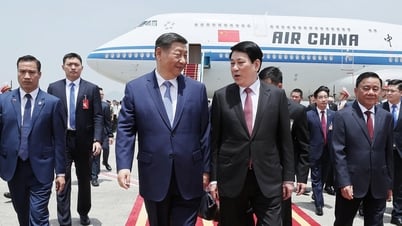

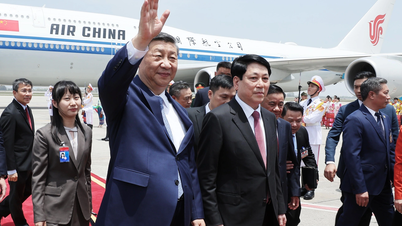

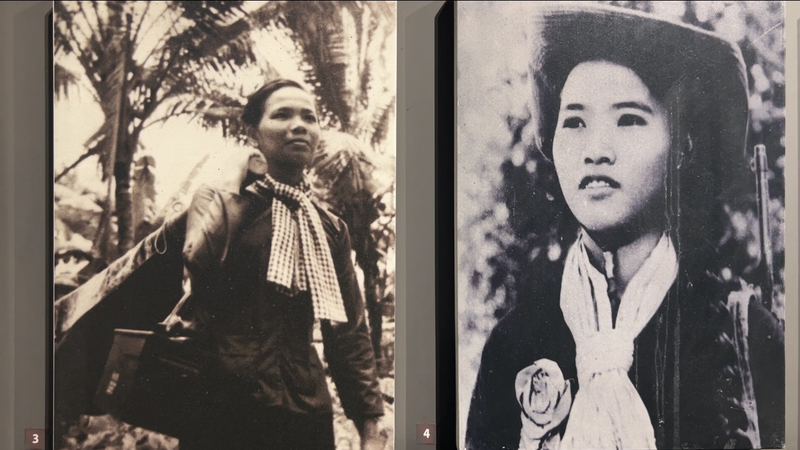






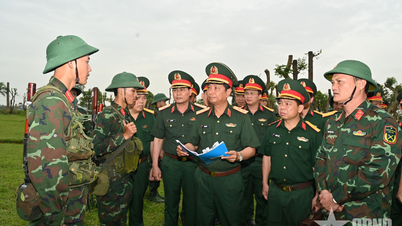
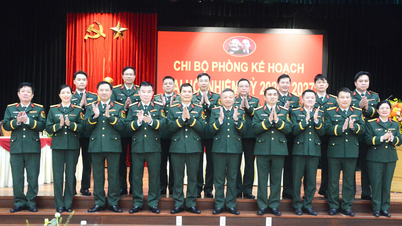
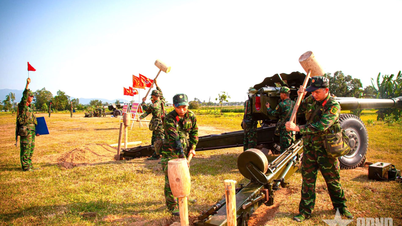




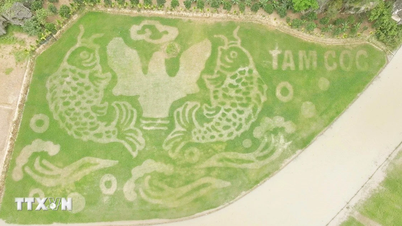






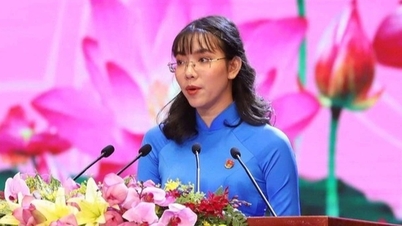
















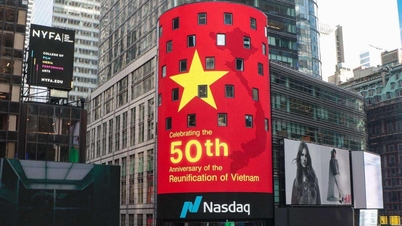

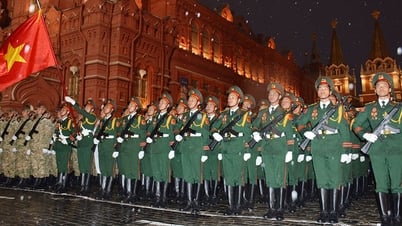





















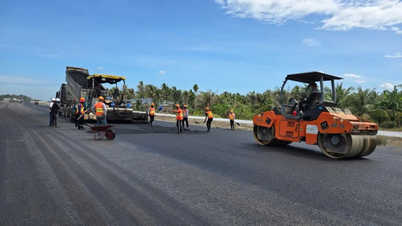












Comment (0)